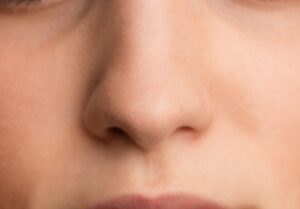
Whether it is after surgery, a seasonal issue, or a year-round problem, many people constantly have dryness in their nose, which may lead to nasal obstructive symptoms or even nosebleeds. Winter is the prime time for this problem to surface. Some common causes include:
- Nasal steroid spray use
- Environment (low humidity)
- Prior surgery
- Anatomical abnormalities: a septal perforation, crooked septum, etc.
- Supplemental oxygen through nasal prongs
Many of my patients are told to use Vaseline to moisten the front part of their nose. This is ok immediately after surgery, but it’s use long-term has been associated with airway granulomas. For this reason, I generally discourage long-term use of any oil based ointments. While training in the dry climate of New Mexico, I discovered a few tips that can be added to your daily routine.
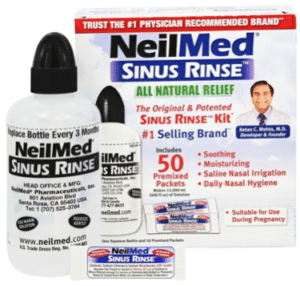
1. Neilmed Sinus Rinse.
No, this is not Netipot, but it is made by the same company. I recommend using this at least in the morning and at night if you think your nose is dry. You can use it as much as you want, but I would consider twice daily a minimum. This will rinse out any dry crusts in your nose and allow any other sprays to disperse more evenly. After surgery, it will help remove dried blood to help you breathe better. Think of it as something you do twice daily before or after you brush your teeth, so that you remember to do it.

2. AYR Gel with Aloe
This is my go to for keeping your nose moist throughout the day. Only a small amount is needed in the front of your nostril which can be applied with a q-tip or your finger. It will travel to the back of your nose throughout the day via small finger-like projections in the lining of your nose called cilia. This is also a must before a long day of skiing!
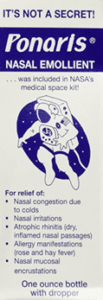
3. Eucalyptus oil
Yes, I know I said that I don’t use oil-based products in the nose, but this is a serum and not a thick ointment. The nose registers air flow in the brain as a cool sensation. Eucalyptus oil, specifically formulated for the nose, can trick the receptors in your nose into thinking you can breathe even when you feel stuffy. I occasionally have patients who say they put Vicks in their nose to help them breathe. This is ok, but again, it is an ointment. If you want to use Vicks, put it at the base of the nose and not inside it.
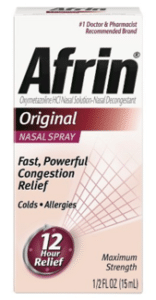
4. What do I do if I get a nosebleed?
First, the key to treating a nosebleed is prevention. If you use the above products regularly, it is highly unlikely that you will get a nosebleed. Once you get a nosebleed, however, there are a few steps to try initially.
First, squeeze the soft front part of your nose as hard as you can and lean forward (not backward). Holding pressure for up to 20 minutes will stop up to 90% of nosebleeds. If that doesn’t work, spray Afrin in your nose and hold pressure again. In situations where this does not work or you have been taking blood thinners, you may be required to go to your nearest emergency department for treatment.
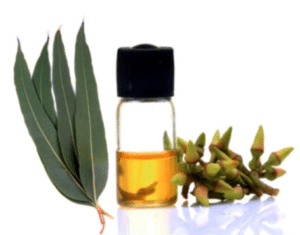
Where can I get all these products?
Believe it or not, most pharmacies have an aisle specifically targeted toward all things nose, sinuses, and allergies. Look for this aisle, and you are likely to find everything fairly quickly. If you see an ENT physician regularly, they are also likely to have some samples of these products that you can try.

